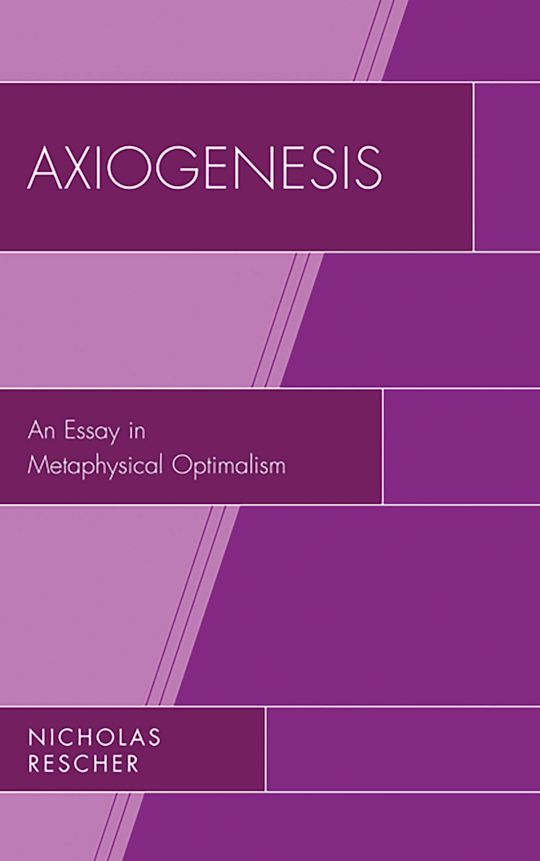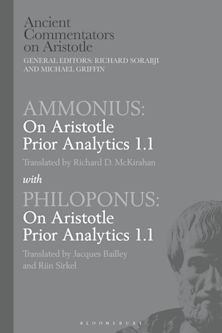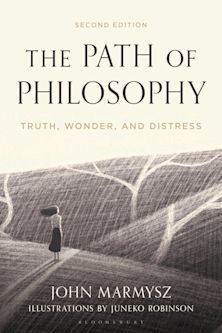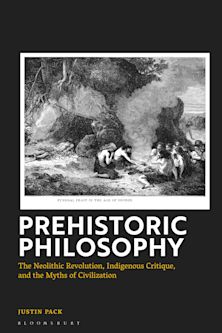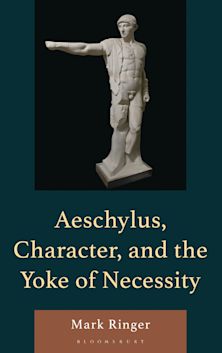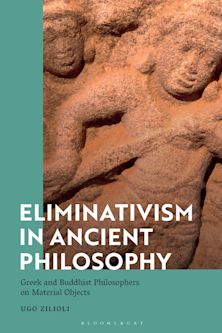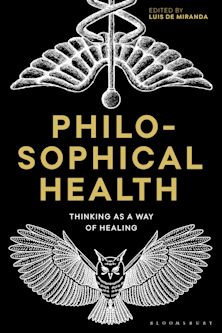- Home
- ACADEMIC
- Philosophy
- Ancient Philosophy
- Axiogenesis
You must sign in to add this item to your wishlist. Please sign in or create an account
Description
Nicholas Rescher's book Axiogenesis: An Essay in Metaphysical Optimalism is a detailed exposition of axiogenerts: the philosophical theory seeking to explain the world's facts on the basis of evaluative considerations. In classical antiquity, this theory was espoused by Plato (in the Timaeus) and neo-Platonic tradition; in early modern times, it was revived by Leibniz and continued to find favor in the development of rational mechanics from Maupertuis to William Hamilton.
However, since then the principles behind axiogenesis and similar theories have fallen out of fashion. This book is therefore unique in that it argues in detail that this metaphysical approach still has traction and endeavors to formulate the theory in a manner that makes it available as a live option for contemporary thinkers. Advanced students of philosophy and professionals in this field, as well as anyone interested in the issue of speculative metaphysics, will find Rescher's contemporary refashioning of axiogenesis a distinctly compelling read.
Table of Contents
Chapter 2 Chapter 1. Ultimate Questions
Chapter 3 Chapter 2. Ultimate Answers
Chapter 4 Chapter 3. Optimalism and its Turn to Axiology
Chapter 5 Chapter 4. Intelligence and Rationality as Pivots for Optimality: the Idea of Noophelia
Chapter 6 Chapter 5. Abandoning Efficient Causality for Axiotropism
Chapter 7 Chapter 6. Meeting Objections to Optimalism
Chapter 8 Chapter 7. On the Improvability of the World
Chapter 9 Chapter 8. Axiogenesis and Intelligent Design
Chapter 10 Chapter 9. Intelligence in an Evolutionary Perspective
Chapter 11 Chapter 10. Is Noophelic Axiogenesis Unscientific?
Chapter 12 Chapter 11. Leibnizian Physics as a Case Study
Chapter 13 Chapter 12. Gödel: Noophelia in the Twentieth Century
Chapter 14 Chapter 13. Axiogenesis and Theology
Product details
| Published | 20 Aug 2010 |
|---|---|
| Format | Ebook (Epub & Mobi) |
| Edition | 1st |
| Extent | 236 |
| ISBN | 9780739149348 |
| Imprint | Lexington Books |
| Publisher | Bloomsbury Publishing |
About the contributors
Reviews
-
Could our universe exist just because that's best? Might alternatives be ruled out simply through being inferior, so that a blank, for example, couldn't have been possible? Originated by Plato, the idea has been historically influential. In this extremely important yet very readable book, a modern philosophical giant shows that the universe could well exist for the reason Plato gave.
John Leslie, Fellow of the Royal Society of Canada
-
Many philosophers and theologians make grand metaphysical claims about creation, God, or the Good. But rarely have I read a work that so powerfully defends the inevitability of 'ultimate questions' and the move from there to 'ultimate answers.' Not all readers will endorse Rescher's 'value naturalism,' but the journey he takes us on remains indispensable.
Philip Clayton, Ingraham Professor of Theology, Claremont School of Theology, Author of In Quest of Freedom: The Emergence of Spirit in the Natural World
-
Building creatively on Plato and Leibniz, Nicholas Rescher develops an original metaphysics of ultimate explanation. He gives new life to the bold view that reality is as it is because that is for the best. This work will benefit all inquirers into the ultimate explanation of why things are as they are rather than otherwise.
Keith Moser
-
Nicolas Rescher has made a noteworthy contribution to the Platonic-Leibnizian tradition of metaphysical optimalism that may finally succeed in restoring this view to intellectual respectability....Rescher has provided a rare example of how to keep discussions of ultimate questions, as he puts it, "on this side of nonsense". Even those who are not convinced by his argument will be grateful for the opportunity it provides to refine and advance their own views. And this is no small feat: Rescher's clear and cogent argumentation shows that it is possible to make progress on questions that many professional philosophers have abandoned as fruitless.
American Journal of Theology and Philosophy









